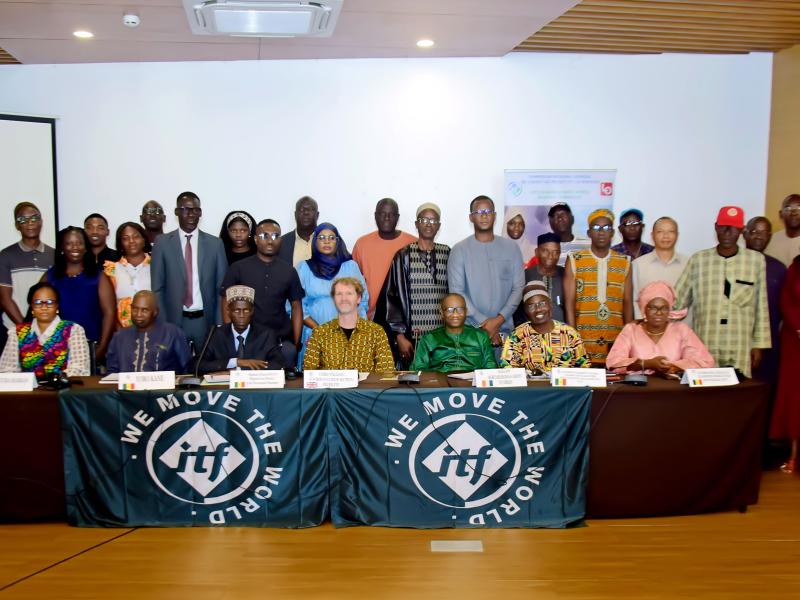Before they graduate and go on board ship, all cadets will now have an extensive, week-long course on preventing HIV and other STIs, as well as their rights, should they become positive.
Both the prestigious Maritime Academy of the Asia and the Pacific (MAPP), which is managed by ITF affiliate AMOSUP, and the Bangladesh National Maritime Institute (NMI), the country’s only government maritime academy for ratings, launched the modules this month.
Seafarers are highly mobile, predominantly male, workers of sexually active age, who are away from home for long periods and who frequent port areas where there are often many sex workers. These working conditions encourage high‐risk behaviour and may make it harder for seafarers to access information about HIV prevention, medical and related services.
Conrado Oca, AMOSUP president and MAAP chairperson, said: ''For AMOSUP, the welfare of seafarers always comes first. The launch of an extensive module on HIV and other STIs in the Maritime Academy of Asia and the Pacific is very important for us. We think that the introduction of such a course will help young cadets to make the right choice and prevent HIV infection.”
Jacqueline Smith, ITF maritime co-ordinator, commented that HIV education was essential for all seafarers and the ITF, led by global HIV/AIDS programme co-ordinator Syed Asif Altaf, was dedicated and determined to get modules included in all major maritime institutes and academies in the Philippines, India, Ukraine, Indonesia and other major seafarer supply countries. She added that HIV/AIDS behaviour change communication should start when cadets are young, to increase their chances of living and working safe from the disease.



